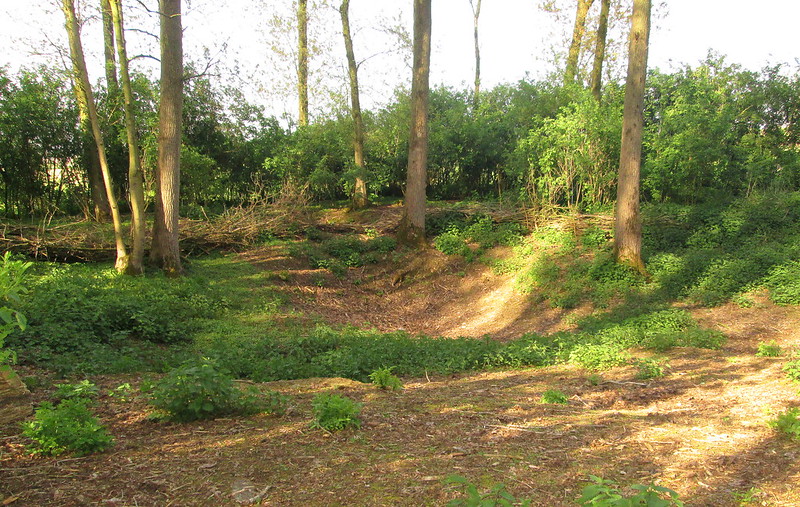This year the Armistice Day commemoration in the Memorial Garden will include one further Chesterfield footballer. Work by club historian Stuart Basson to establish the details about all our players has confirmed that George Woolley made the ultimate sacrifice in World War One.
George joined Chesterfield Town as a goalkeeper in 1901. He was born in Langley Mill and had played for Ilkeston Town and Staveley. However, he was one of several keepers in the squad so only made four league appearances.
His first two games were clean-sheets against Preston and at Burnley. He conceded three, albeit in a win, against Burslem Port Vale but his last game the team shipped seven goals away at Middlesbrough.
In February 1902 he was in the local press after a fight involving two constables. George was described as the reserve keeper in the article about the fracas in Staveley.
The court case saw him found guilty of assault and he was fined the hefty sum of £5 in lieu of a month’s imprisonment. George never played for the club again and returned to Ilkeston Town.
It was confirmed earlier this year that it was fighting of a different kind that makes George Woolley significant. At the outbreak of war George, despite being 38, joined the local Sherwood Foresters Regiment.
Away from football George had been a miner, latterly at Pinxton Colliery, and so he was quickly transferred to the Royal Engineers and joined the 177th Tunnelling Company.
The tunnelling companies were responsible for the deep defences to protect the soldiers but also undertook mining work. Unlike George’s earlier mining, this sort involved the placing of mines under German position using the tunnels.
He was sent home seriously wounded in May 1915 but later returned to his company stationed at Railway Wood near Ypres. Twice George was promoted so he held the rank of corporal in 1917 which meant he was in charge of part of the defence system. He was subsequently gassed and hospitalised but recovered once again to return to action.

George was not so fortunate when gas hit the dug-out for which he was responsible on July 22, 1917. His commanding officer wrote to his widow: “Your husband was in what was considered a very safe dug-out, when some gas shells burst near the stairway entrance and caused a great deal of contusion, and many men were over-powered. Your husband at once went to try and help others who were rendered helpless, and in doing so lost his own life.”
Before the bodies were recovered, shells hit the area and George and Sapper John Cotterill from Chesterfield were never found. Corporal George Woolley is remembered, with 11 others, on the memorial at Railway Wood in Belgium.

It was hoped to add George to the war memorial in the Chesterfield FC Memorial Garden for this year’s Armistice event. The current pandemic means this has not been possible, but soon his name will be placed on that memorial alongside the other 17 brave Spireites.




